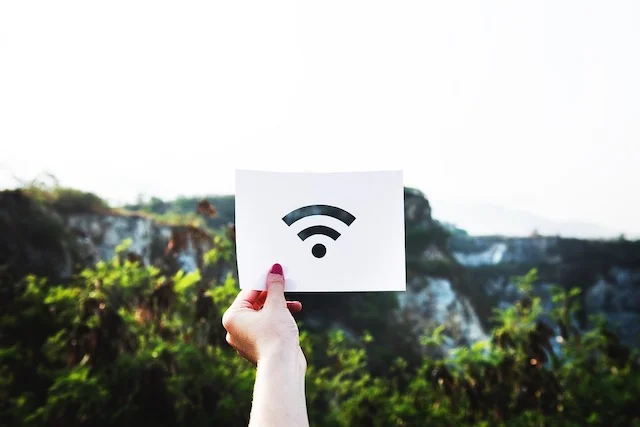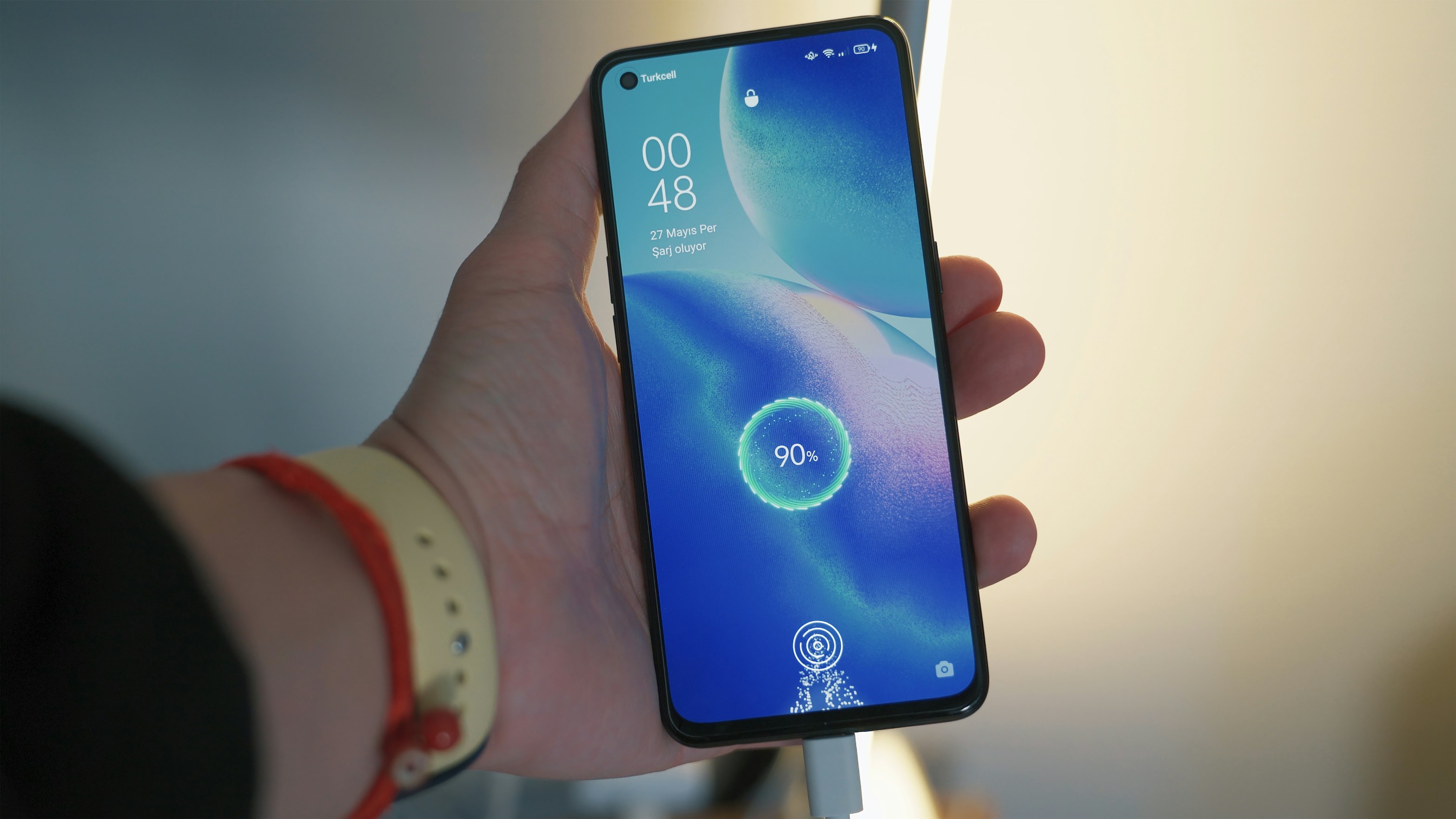Have you ever wondered about the difference between Bluetooth vs. WiFi? This complete guide will cover the differences between the two.
If you’ve tried to buy smart home devices, you may have noticed a strange problem. Not all devices are compatible with each other. Some smart home devices run on WiFi, others on Bluetooth. Experts predict that over 30 billion devices will be connected to the Internet of Things (IoT) by 2020. That’s a lot of potential incompatibilities.

But why do devices need and use different technologies? It all comes down to the fundamental principles behind each network.
Are you wondering about the differences when it comes to Bluetooth vs. WiFi? Read on to learn more.
What is Bluetooth?
Bluetooth is a form of wireless technology. It works best across short ranges, often less than 30 feet. Think of Bluetooth as being the connecting cord between the devices.
It’s commonly used to connect laptops with printers, or wearables with smartphones. In the IoT, Bluetooth devices can exchange data for performing functions together.
These connections create a personal area network. Devices can only join if other devices in the network authorize them.
What is WiFi?
Like Bluetooth, WiFi is a wireless standard. Manufacturers use IEEE 802.11 standards. The WiFi Alliance needs to certify their devices.
According to theguardianonline.com, WiFi has a broader range than Bluetooth. Devices can connect from up to ten times as far away. You connect to the internet via a WiFi ‘hotspot’ or through a device like a router.
Many people use WiFi for internet connections through hotspots in airports or offices.
The Internet of Things uses WiFi to connect devices to the internet. That lets you control your thermostat or smart plugs from your phone when you’re not at home.
What’s the Difference Between Bluetooth and WiFi?
They’re both forms of wireless communication. But the crucial difference lies in what they connect to. Bluetooth works with connections between devices. WiFi works between the device and the internet. Because it’s designed for short ranges, Bluetooth works better with low-bandwidth functions.
Think of the best Bluetooth neck speakers. They transfer sound from your playback device to the speakers. WiFi works as a full network so you can send large files faster. It also means you can browse the internet and operate smart devices from one smartphone.
Bluetooth uses far less power than WiFi. It’s also easier to use through the simple connections between devices. With the arrival of Bluetooth Low Energy (BLE), you’ll be able to create data networks between your smart devices. WiFi is easy to use if you’re only connecting a device to a hotspot. But it’s much harder to use when you set up a network and need to configure hardware.
Bluetooth vs. WiFi: The Winner
Surprisingly, there isn’t a real ‘winner’ in the Bluetooth vs. WiFi contest. Instead, it depends on what you need the technology for. If you want to send a file to a printer from your laptop, Bluetooth is the clear winner. But if you want to access the internet from that laptop, you need WiFi.
Knowing the purpose of the connection lets you choose the right wireless technology. Why not check out our tips articles to stay up to date with the latest tech?







